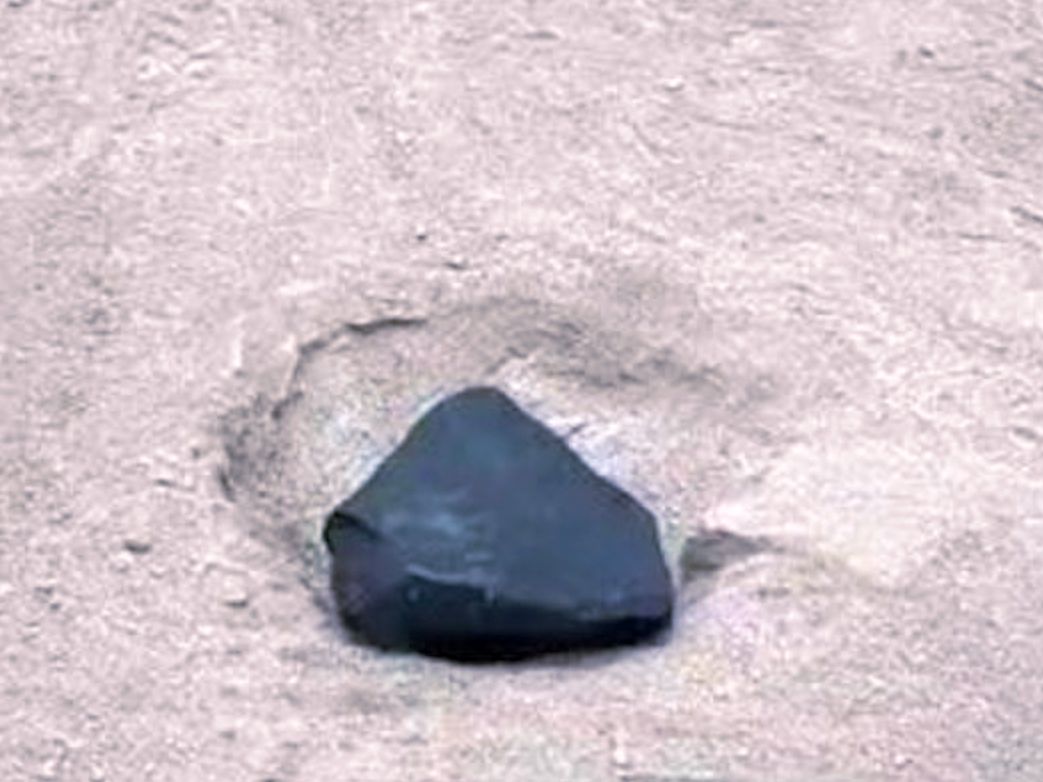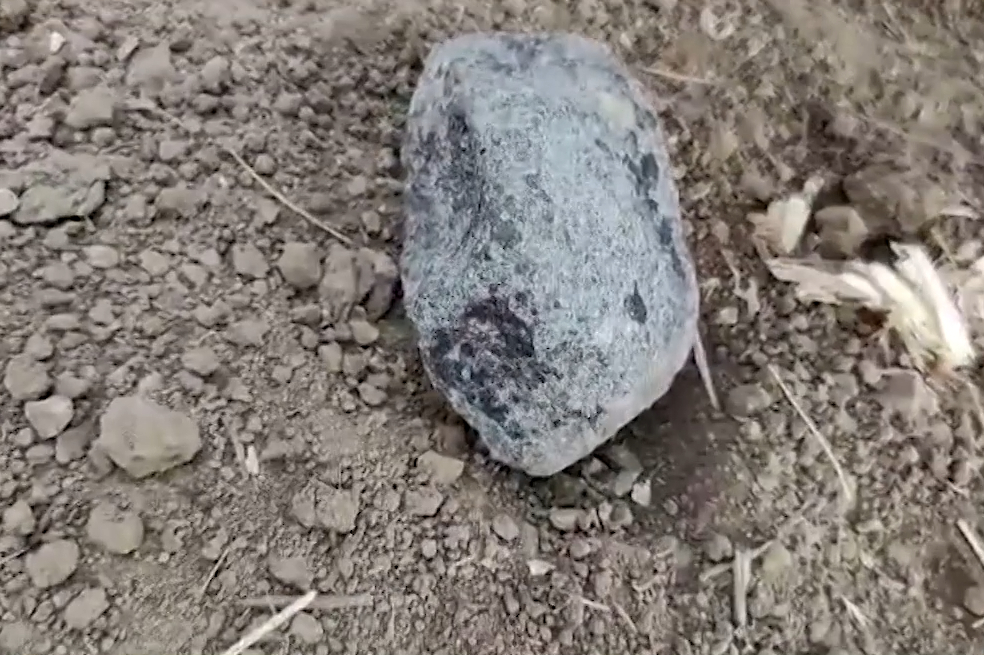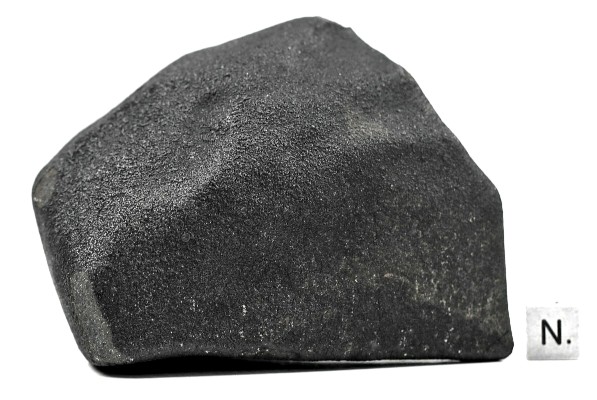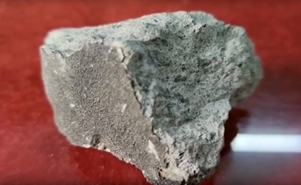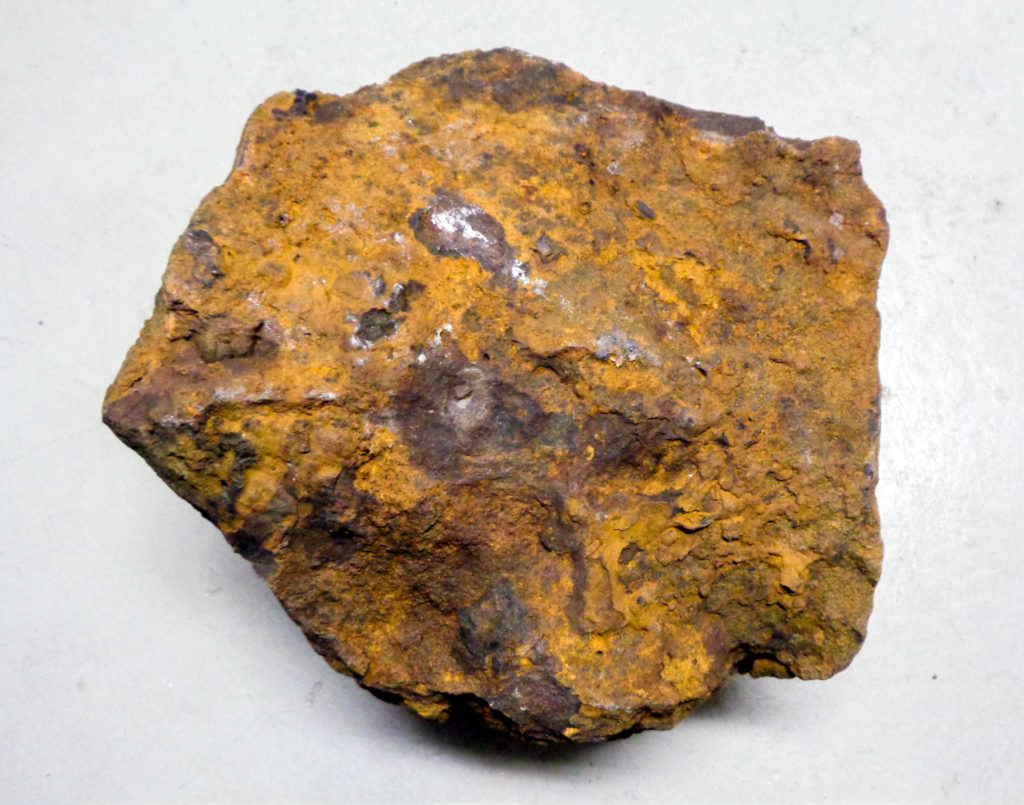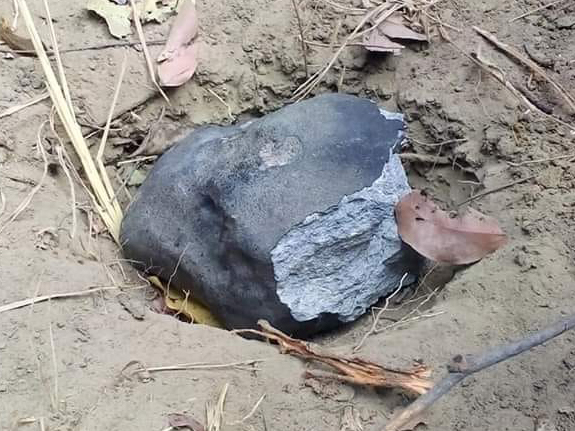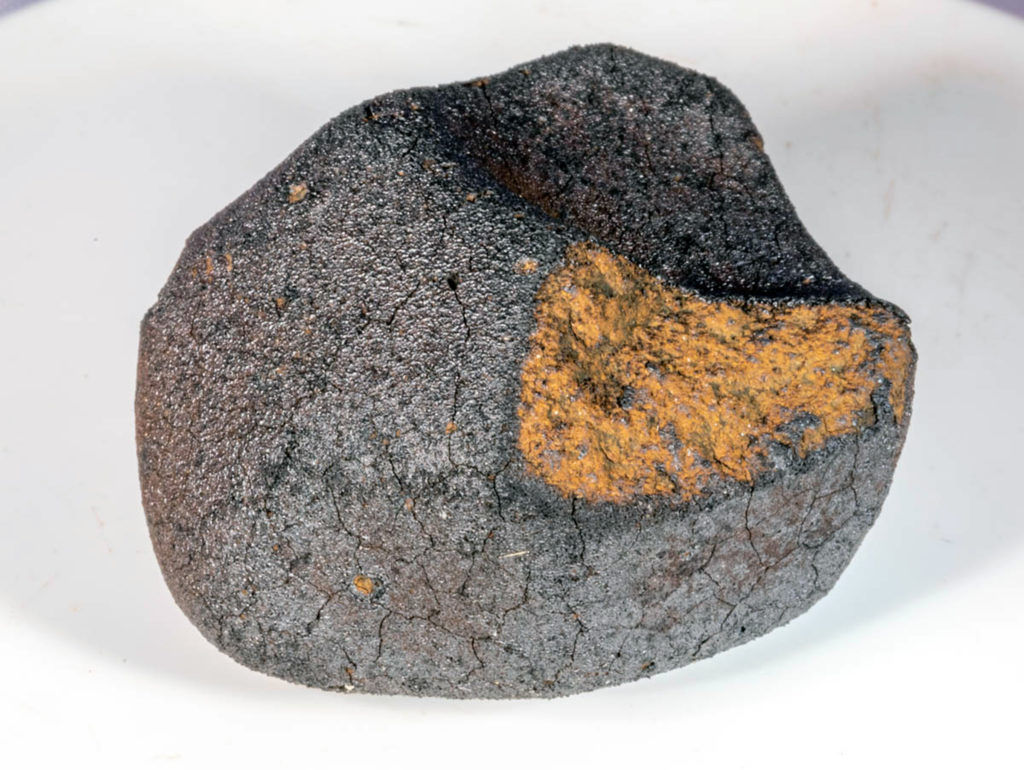Highly Heterogeneous Parent Body of the Rare Andesitic Erg Chech 002 Meteorite Revealed by the Revisited Mn–Cr Isotopic SystematicsOPEN ACCESS
Bing Yang, Runlian Pang, Qing Wang, Anning Zhang, Wei Du and Liping Qin
The Planetary Science Journal, Volume 6, Number 3
LINK (OPEN ACCESS)
PDF (OPEN ACCESS)
“Erg Chech 002 (EC 002), an andesitic meteorite, has been dated to be the oldest magmatic rock in the solar system. However, controversy has arisen due to inconsistent dating results and isotopic compositions in previous studies, which complicates understanding the evolution of andesitic magmatism in the early solar system. In this study, we conducted comprehensive Cr isotopic studies on two fragments of EC 002, identifying distinct nominal crystallization ages (4567.3 ± 0.8 and 4565.9 ± 0.6 Ma, respectively), as well as nucleosynthetic 54Cr anomalies (ε54Cr values of −1.12 ± 0.16 and −0.57 ± 0.16, respectively) and ε53Cr values (−0.37 ± 0.06 and −0.06 ± 0.06, respectively). These results highlight the highly isotopically heterogeneous nature of the EC 002 meteorite. The difference in nominal crystallization ages likely reflects the initial 53Mn/55Mn heterogeneity among various EC 002 fragments. The highly isotopically heterogeneous nature of the EC 002 meteorite may be directly inherited from its surrounding nebula, suggesting subplanetesimal-scale heterogeneity of the inner solar nebula during the formation time of EC 002. We affirmed the oldest crystallization age for EC 002 among all achondrites at ∼4565.9 Ma. Previous discrepancies in dating results and isotopic compositions should arise from the isotopic heterogeneity in the EC 002 meteorite.”

